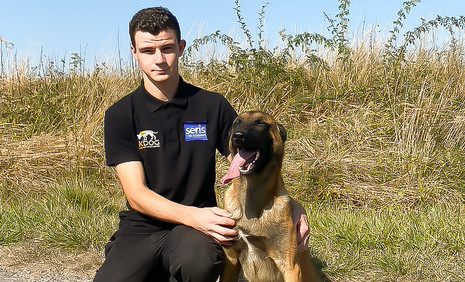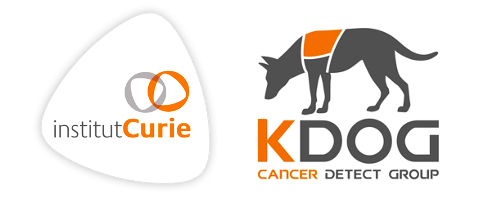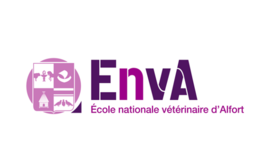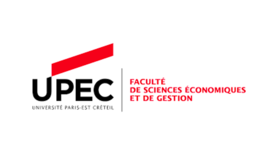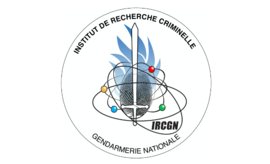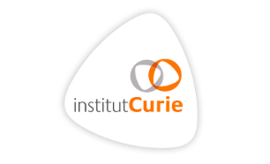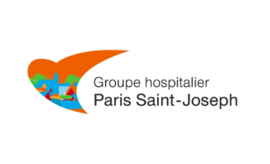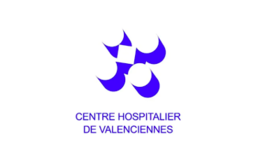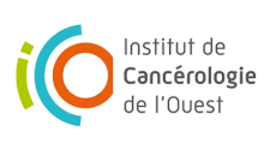THE TEAM
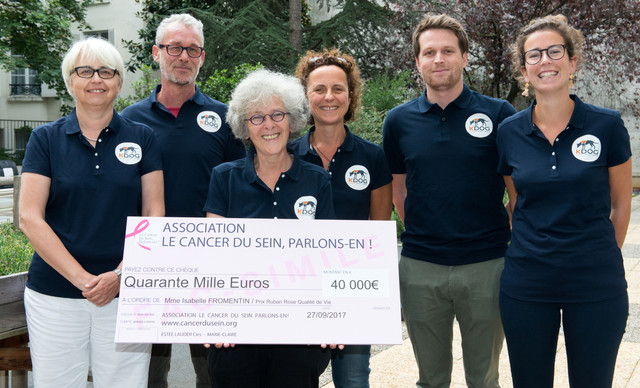
The KDOG team
Isabelle Fromantin
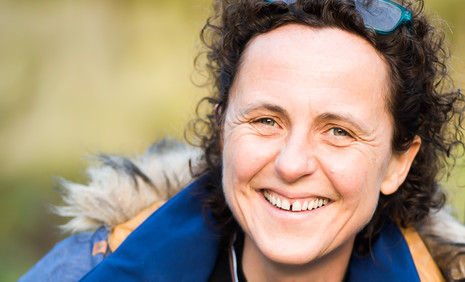
Spearheading the KDOG project, Isabelle Fromantin joined the Institut Curie in 1993 as a nurse in the pediatrics and ENT surgery department.
In 2012, she became a Doctor of Science thanks to her thesis on tumor wounds, the breeding ground for the KDOG project.
Since then, she has become an associate researcher at the Clinical Epidemiology and Ageing (CEpiA) team at the Université Paris-Est Créteil (UPEC), vice-president of the Société Française et Francophone des Plaies et Cicatrisation and head of the Wounds and Wound Healing Research Unit at the Institut Curie
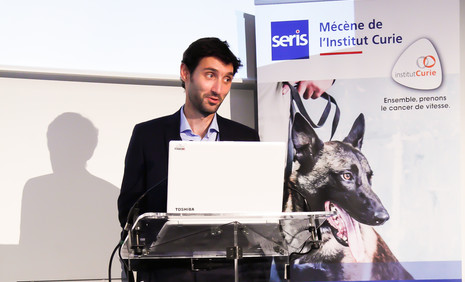
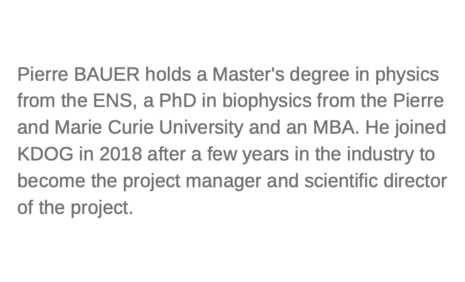
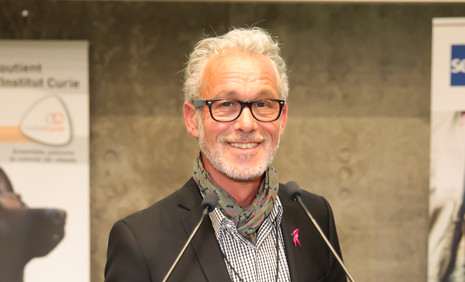
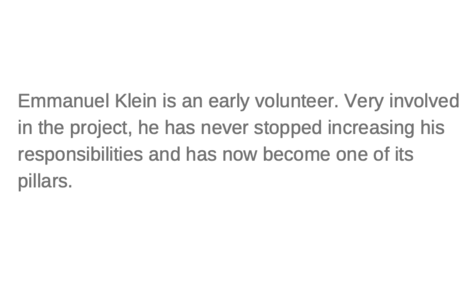
Caregivers
At the origin of an innovative health project are hospital professionals, committed every day to cancer patients. It is at the Curie Institute, which brings together a cutting-edge cancer research center and a major hospital center, that a large multidisciplinary team of health professionals was born. All of them contribute their skills to the development and success of the KDOG project.
Radiologists
To develop a tool with sensitivity and specificity rates equivalent to those of mammography, the expertise of radiologists is required. The radiologists involved in KDOG provide information on developments in routine examinations, on the needs of the people using them, and on the latest organized screening studies. They also participate in the collection of the samples needed for the clinical study.
Oncologists - Medical Researchers
Oncologists and medical researchers are central to the advancement of knowledge in cancerology. KDOG closely follows these scientific advances to refine and adjust its screening technique.
Surgeons - Nurses
KDOG is built on the experience of patients and doctors, so that the technique developed is best suited to the needs and comfort of each individual.
It is the surgeons and nurses, who work day after day in contact with patients, who note the difficulties encountered daily by women with cancer.
The surgeons also participate in the collection of samples needed for dog training (outside of the clinical study).
Anamopathologists
The anatomopathologist is a specialist in the analysis of biological tissues taken from humans, and therefore of tumors. They are indispensable to KDOG, both to provide the samples needed for the first phase of dog training, directly placed on the cancerous tumors so that they can memorize their smell, and to estimate the minimum V.O.C. concentration threshold below which dogs are no longer performing.
The scientific pool
Chemists
The sense of smell is a sense that is very little used in medicine because it is very little known. Many questions about smells remain unanswered, especially about their composition, transmission or conservation. To overcome this lack of knowledge and to analyze more precisely certain biases of the study, KDOG collaborates with chemists from ESPCI, Chimie Paris Tech, CNRS, and IRCGN.
Methodologists
Upstream of scientific studies, methodologists are involved, designing the study according to a reliable and rigorous scientific protocol. The KDOG clinical study was developed in cooperation with the Institut Curie's methodologists.
Data-scientists
Downstream of these same studies, it is up to the data scientists to intervene, to collect the data, analyze them and deduce the results and conclusions. The data from the clinical study will be collected and analyzed by the Institut Curie's biometrics department, while the data from KDOG COV will be processed by a UPEC data scientist.
Ethologists - Veterinarians
The KDOG project also requires a solid knowledge of the dog's functioning and needs. For this, KDOG benefits from the help of ethologists and veterinarians from the Museum of Natural History, the Ecole Nationale Vétérinaire d'Alfort and the University of Montreal. By observing KDOG dogs, these researchers try to define the best selection criteria and the most modern training method for dogs intended for disease detection that respects their well-being.
Computer scientists
Any clinical study requires the collection of information. At KDOG, it is the performance of the dogs that must be tracked, recorded and archived to evaluate them and measure their progress. KDOG therefore called upon a computer scientist to create a software program that could meet the needs of the KDOG team, researchers and data scientists.
Dog handlers
Initially specialists in training dogs to detect drugs and explosives, KDOG's dog experts, employed by the SERIS security group, have embarked on a new trail: the search for the smell of cancer.
Each dog handler is responsible for the complete training of one or two dogs at a time. They regularly exchange with the medical and scientific teams on the learning methods and the evolution of each dog.
Didier Valentin
Milou and Nougaro
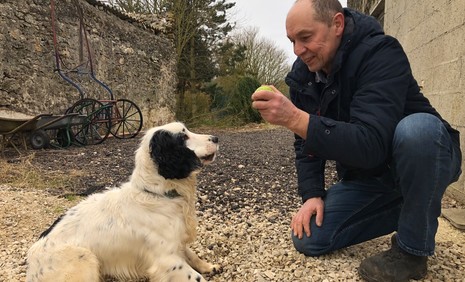
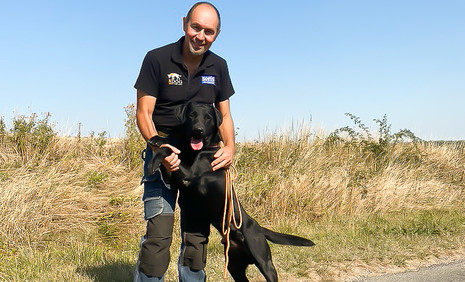
Cécile Mansuy
Nykios and Odin
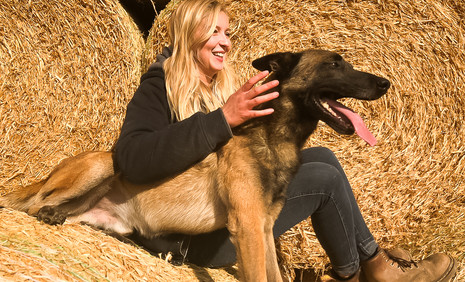
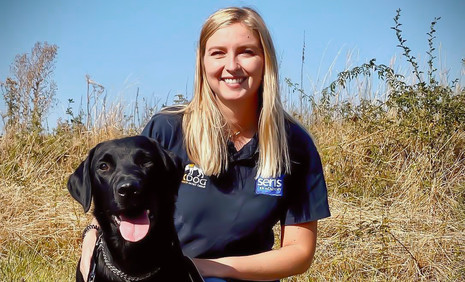
Florian Conchandon
Owen
